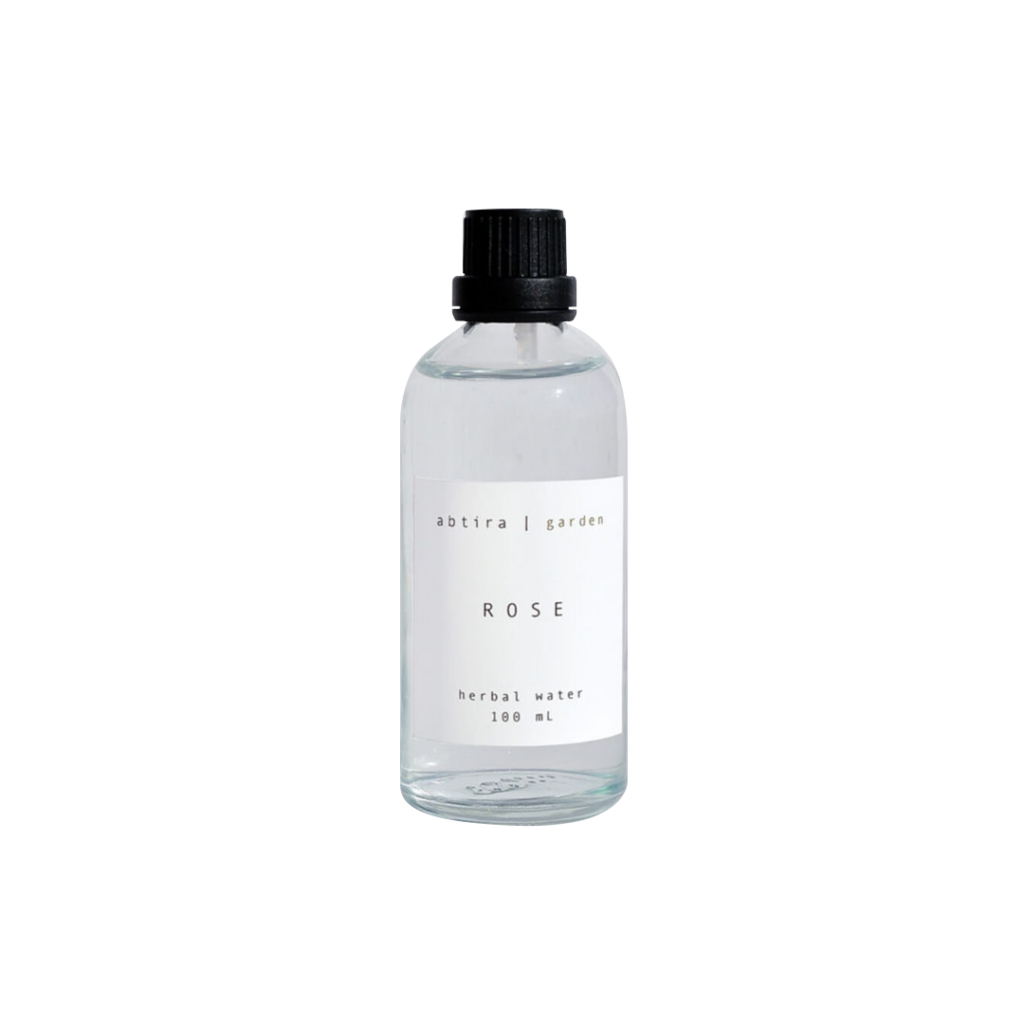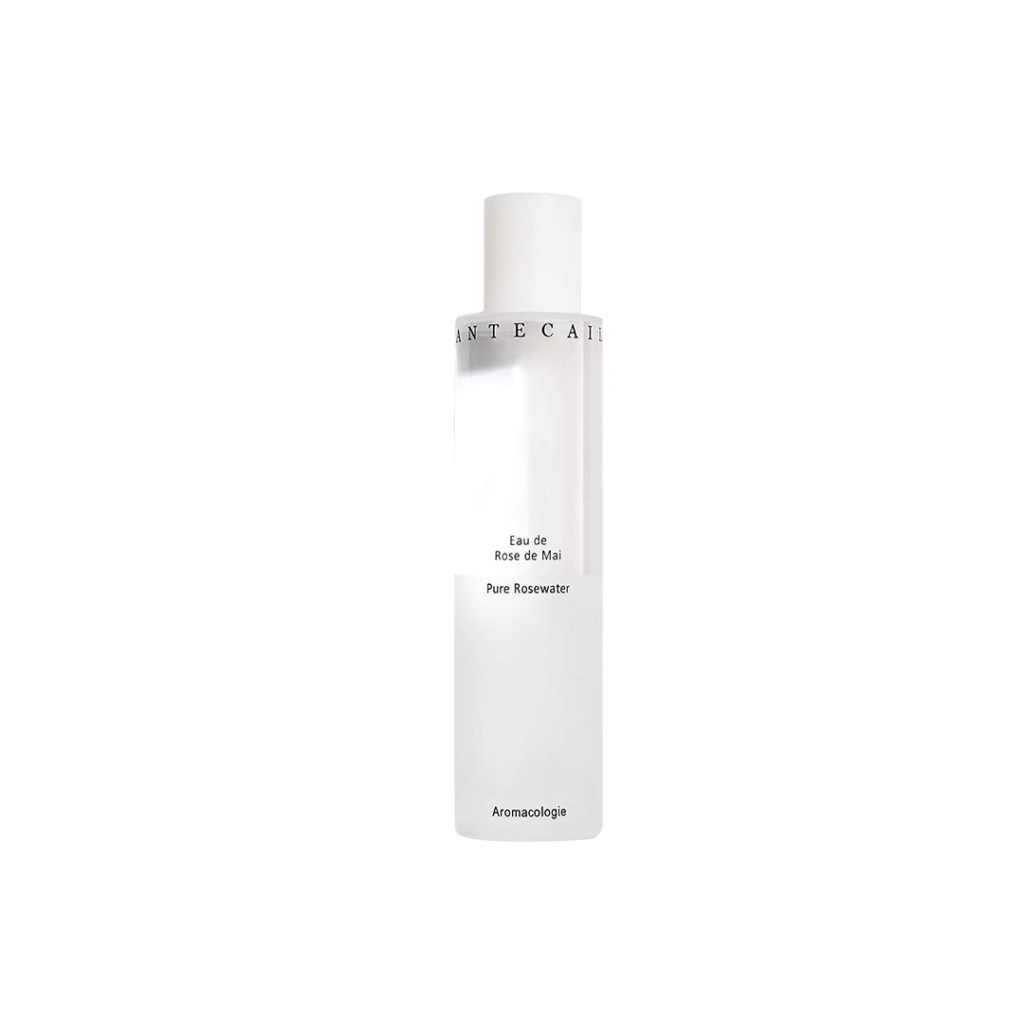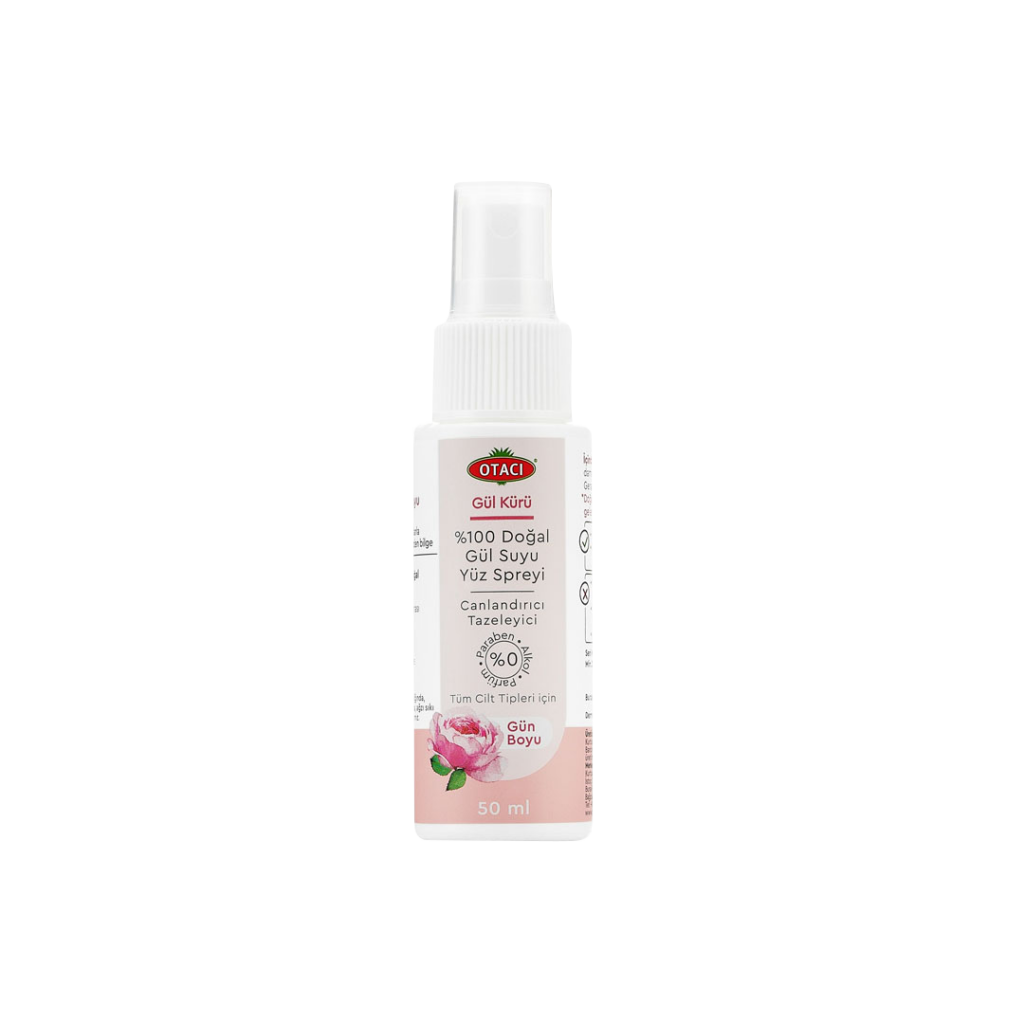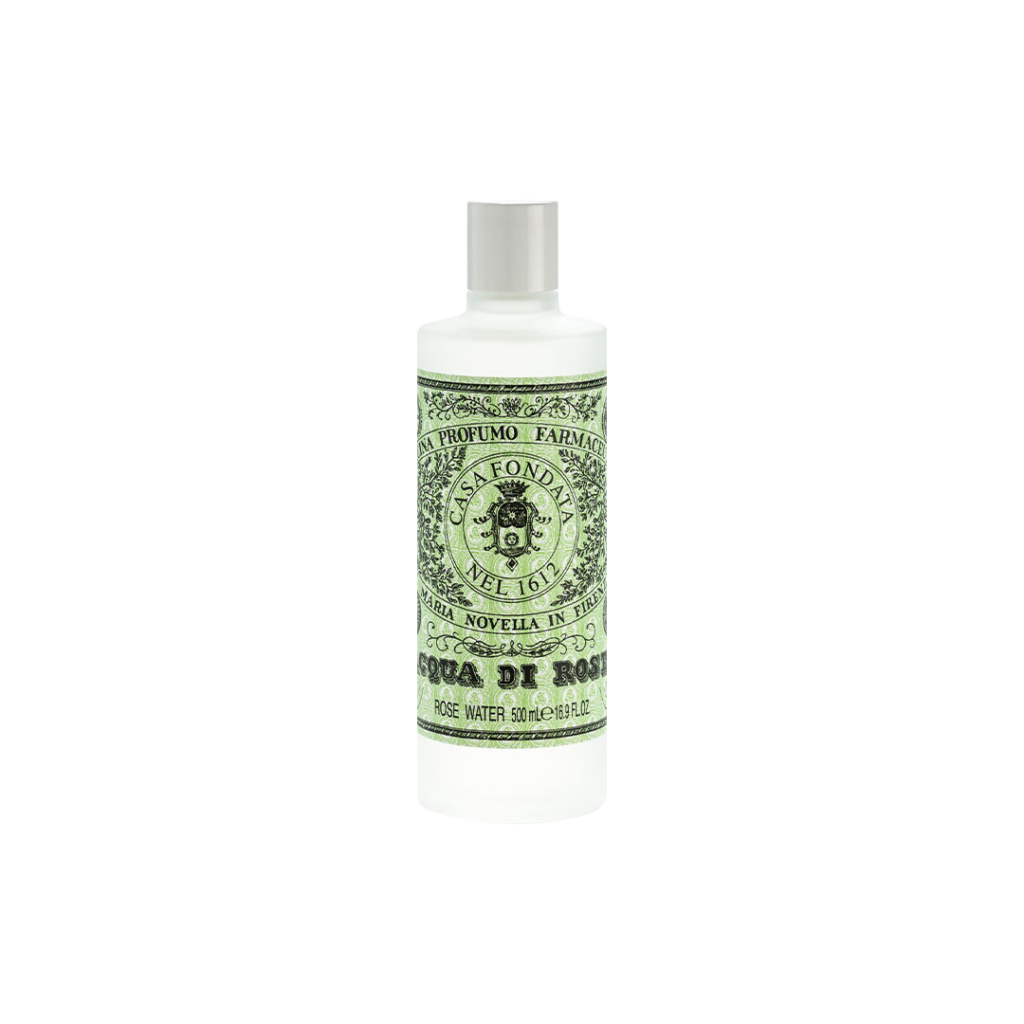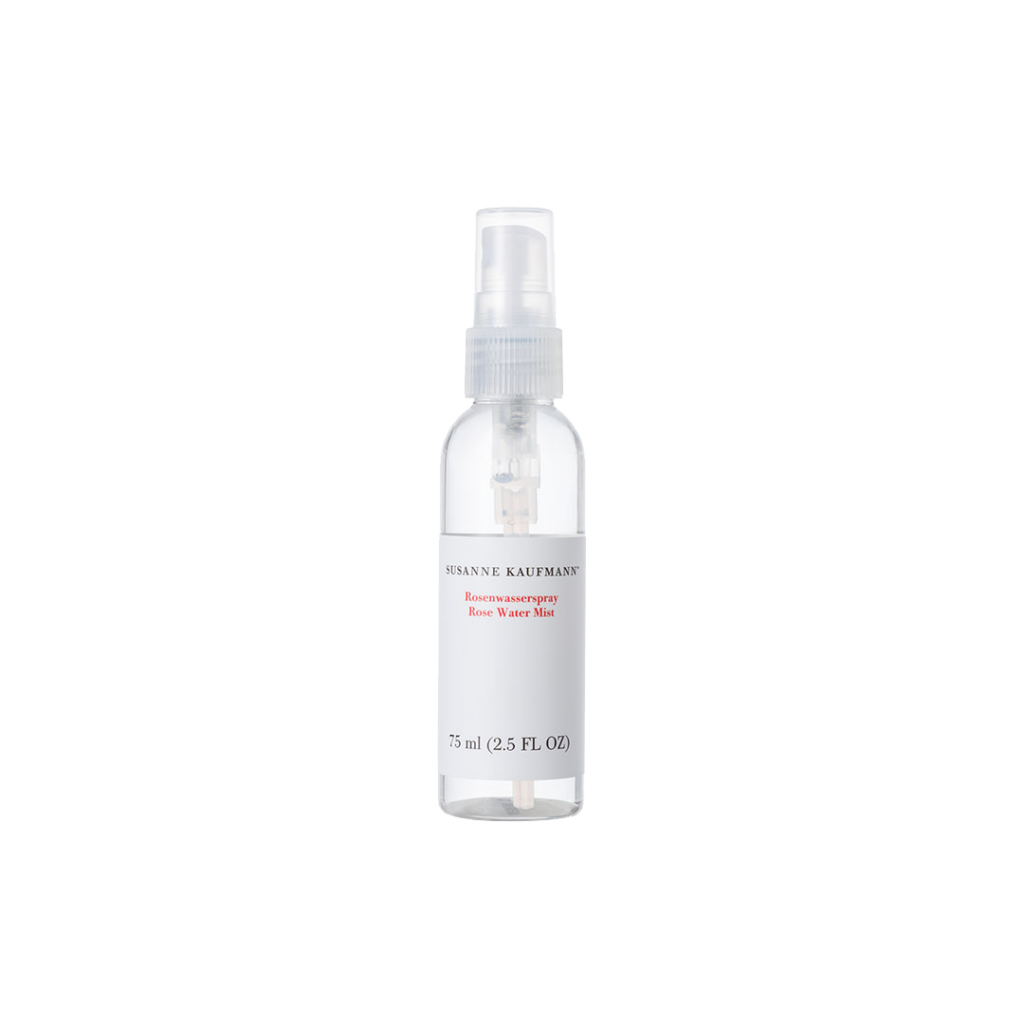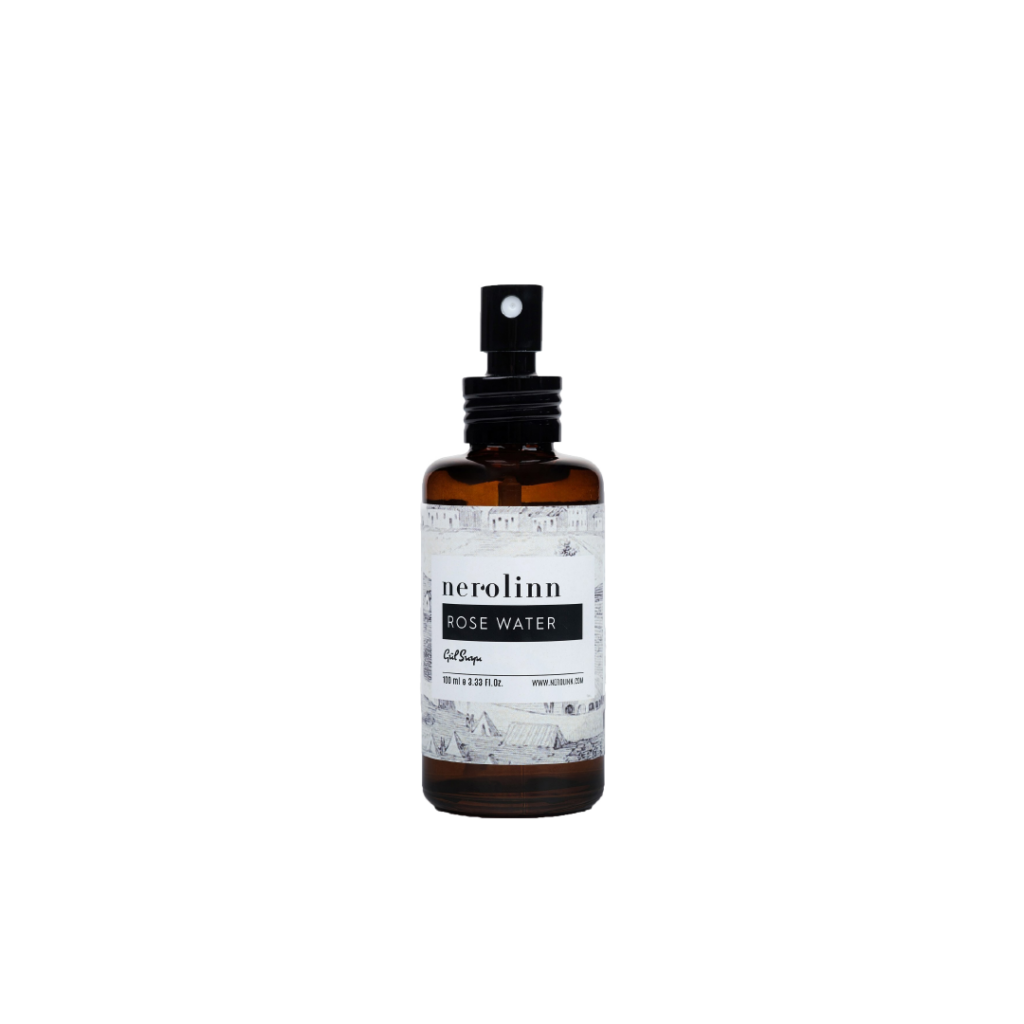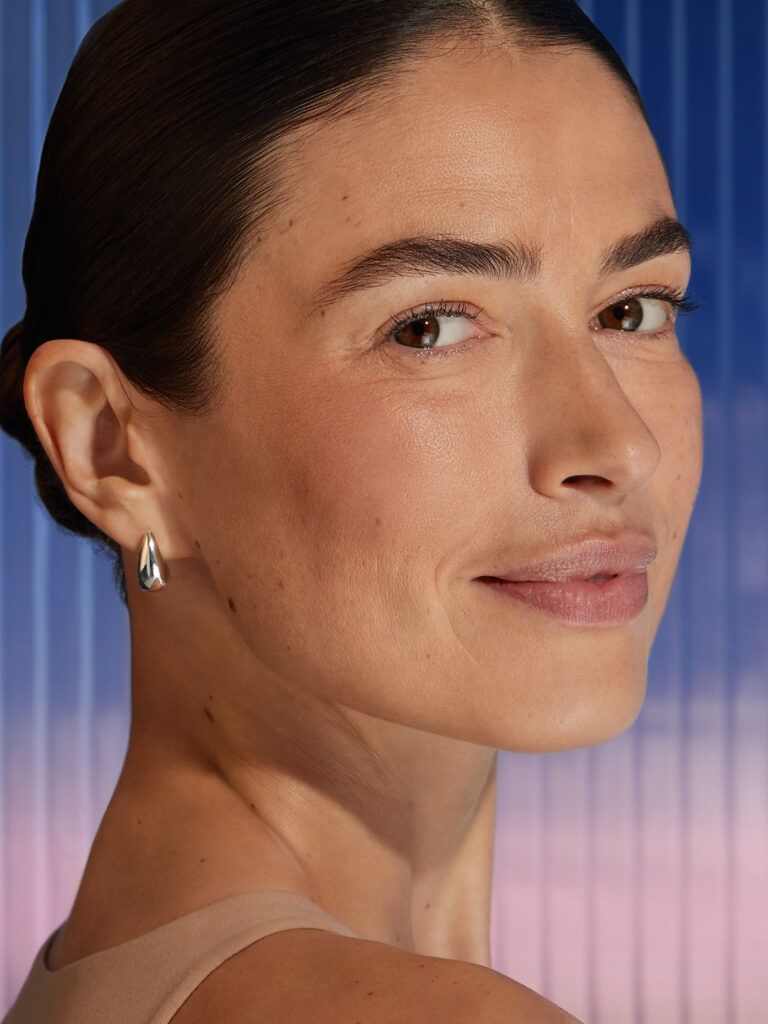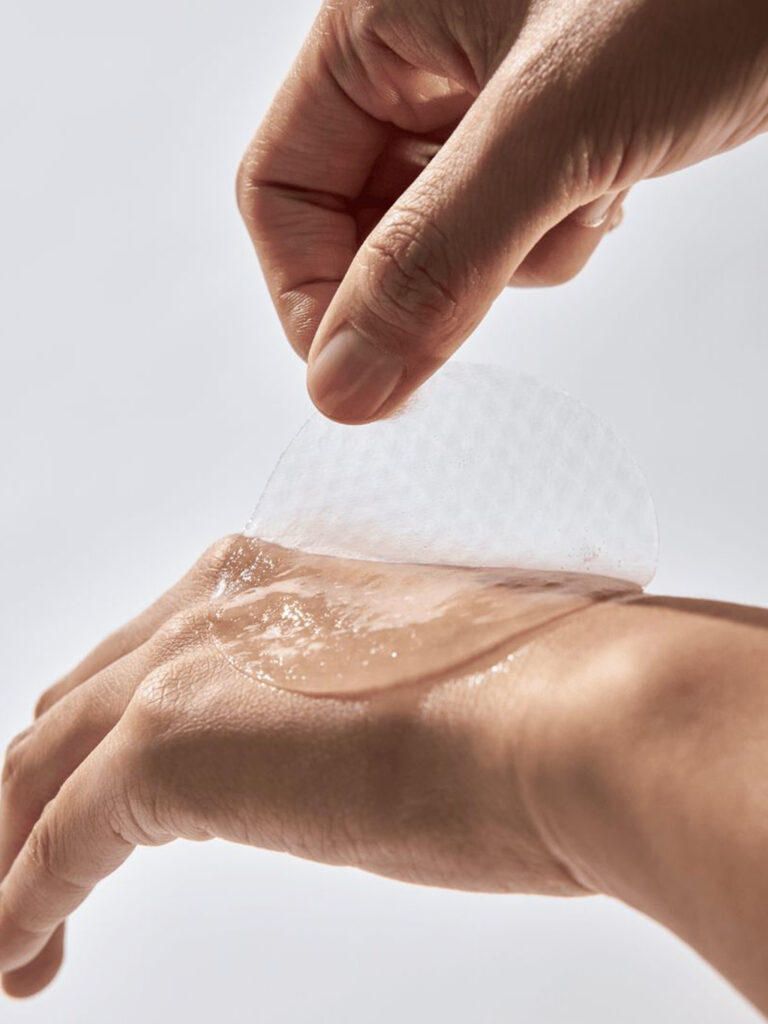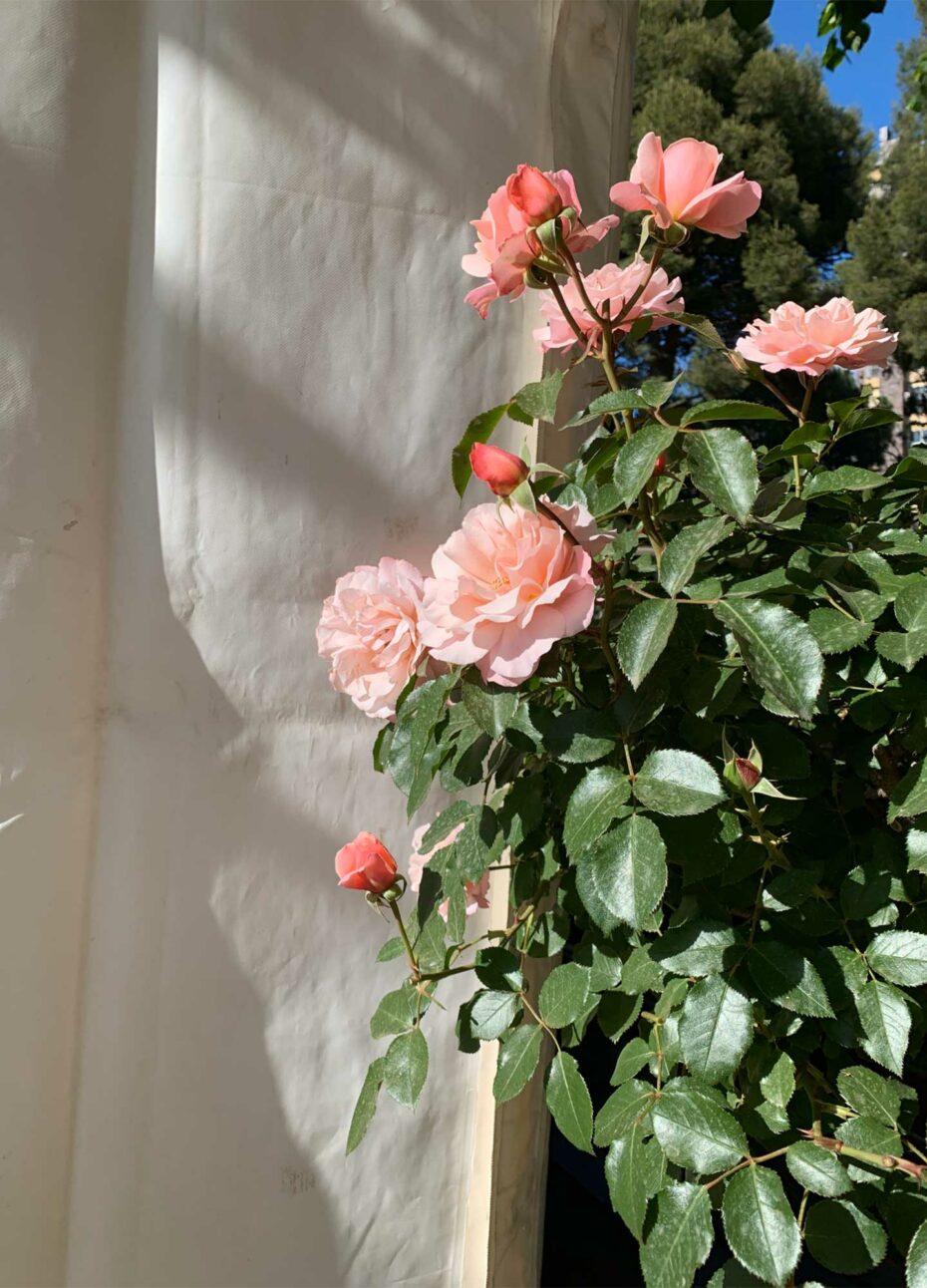
Skin
A Love Letter To Rosewater
If I were to create a “Turkish beauty routine” in the cosmetics universe, rosewater would be the brightest star.
Text Valerie Dayan
Let me explain why.
I was about 4 when I first met rosewater. This was back when I first embarked on some serious research and experimenting with makeup. The lab was my mother’s bathroom; I would begin by making sure she was going to be away for a while, get in, shut the door and muster all my child’s strength to pull out her basket of makeup products from under the sink. It was also in that very bathroom, where scientific tests taught me that all I needed to escape a social situation was wearing a couple of layers of irrelevant fragrances.
Well yes, memories of my mom’s early-90s bathroom still get me very excited.
Let’s get back to it though.
My mom, to find a solution to my ever-growing interest in her bathroom sink, introduced me to a “Valerie-safe” product, that could satiate a 4-year-old beauty monster. It was nothing but a miracle to have that fragrant water available to me: Plus, it was something that my mom, her mom, her parents’ moms, and her aunt whom I’ve only seen in photos (who happens to be one of the most fascinating women I’ve ever seen) used. Honestly, I was not interested in what it did for me. I was, however, very much interested in getting that cosmetics visa, one way or another.
Anyway, I had been told that rosewater was used for cleaning and “toning”, the latter being quite the adult-sounding beauty enigma back then. I would go to the bathroom whenever the thought crossed my mind, and pour some on a cotton pad to gently rub my face. I didn’t really know what I was doing, but I was still happy with the pleasant scent and fresh feeling on my face.
For me, rose hydrosol is as much a time machine as it is a beauty product (talk about multi-purpose!). Every time I use it now, there’s my mom kissing my rose-scented cheeks goodnight. The fact that it made me feel like I was officially a part of my family’s line of rosy strong women at the age of four, has had a huge effect on my love for it. But it’s not only about the delightful nostalgia; rosewater has sensorial and skin benefits that got me hooked over the years.
First comes practicality. It is one of those rare things I can use any time during the day that I know won’t irritate my skin or cause any dryness.I drip some in my palm or apply it directly using a piece of cotton. A quick spritz also works. I usually don’t use a cleanser when I wake up, so it’s usually with rosewater that I start my day. I’m usually quite allergic in the AM, yet my skin doesn’t act up. Instead, I am left with the sublime feeling of having super tender skin, and let me tell you, it IS a vibe. During the day, rosewater comes in handy when I want to freshen up (reason #2!), moisturize (#3!), and relax (#4!). It can also be sprayed on top of makeup, which makes everything easier. Speaking of freshening up, I always have 1 or 2 bottles of emergency bottles of rosewater in my fridge. Now and then, it also finds its place in my hair routine to nourish the dry ends (#5!). An added plus, obviously, is fragrant locks (#6!).
I’m also taking into account the way rosewater makes me feel good every time I smell/use it; the way it calms me down amidst the emotional cacophony of busy days. There’s limited research on the correlation between the rose essence and anxiety. I know I don’t count as data, but you know what, it just works for me. I don’t like applying rose oil directly to my face, but sometimes before meditating, I pat a little on my pulse points. Or I spray on a few whiffs and hit Headspace. Pouring some in the bathtub works a miracle when I feel like going that extra self-care mile.
However, in May 2006, my understanding of the local rose culture and rosewater itself reached a whole new level when I was lucky enough to attend a harvest tour in Isparta.
Although I know it is originally from Iran, I’ve read in several articles that rosewater has been present here, in what is now Turkey, for hundreds of years. I was born a few centuries too late to see the rose gardens of Edirne or the rosewater produce of Nusaybin. But experiencing the enormous, endless fields of Rosa damascena in Isparta first hand, really put things into perspective.
To this day, loads of people in Turkey continue to put on an incredibly meticulous effort and use techniques passed down from generation to generation for rosewater lovers like myself. It all starts with tens (hundreds??) of thousands of Isparta roses which have to be plucked just the right way during the May-June harvest season. I manage the pluck on my third try; it requires a gentle curving motion. I drop the pinkest roses in my apron and immediately bring my hand to my nose.
It’s magic.
I can describe the freshly cut rosa damascena scent as being light, gentle and even green, despite the “heavy” reputation roses usually have. I vividly remember standing there and feeling a happy rush of olfactory shock. It is possible to experience a similar feeling when the rosewater is made up of only water and rose essence. But it is hard to get the same effect or skincare benefits from the “rosewater” alternatives that have rose oil in the ingredients lists instead – those are technically not rose hydrosols.
For centuries, the earth, the sun, human effort, and the ecosystem have all been working together to turn that sweet, pink flower into rosewater. A product that comes from beauty to spread more beauty. The pH balance is just right, it soothes my skin and with perfect pH levels, is soothing for my skin, and the scent just makes me feel good every single time. Not to mention it is one of the few things I’ve never given up on since the age of 4.
And that sums up why it’s been on the top of my Turkish beauty routine fantasy list. This love letter to rosewater ends with some of my favorite hydrosols from brands local and global.


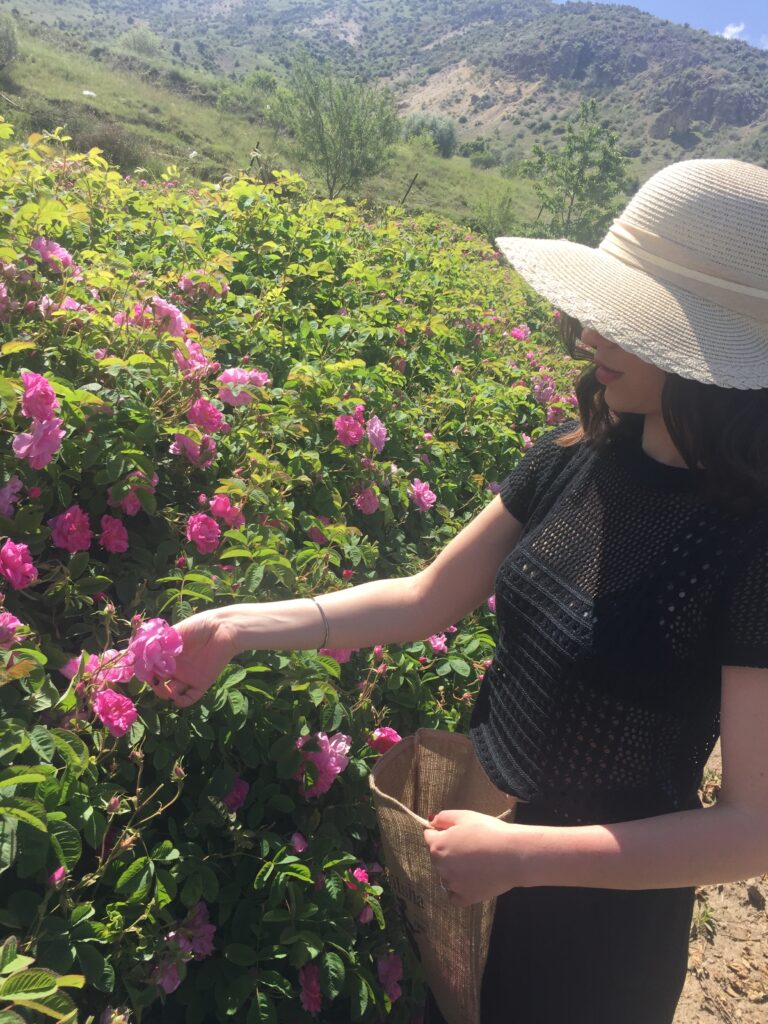
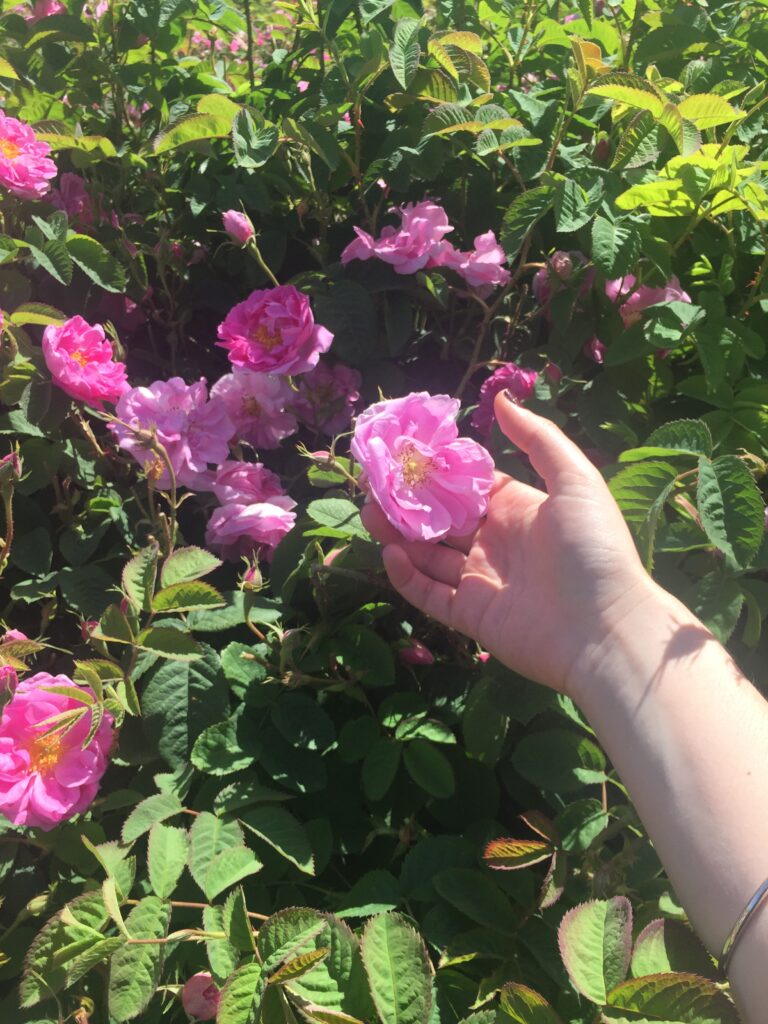
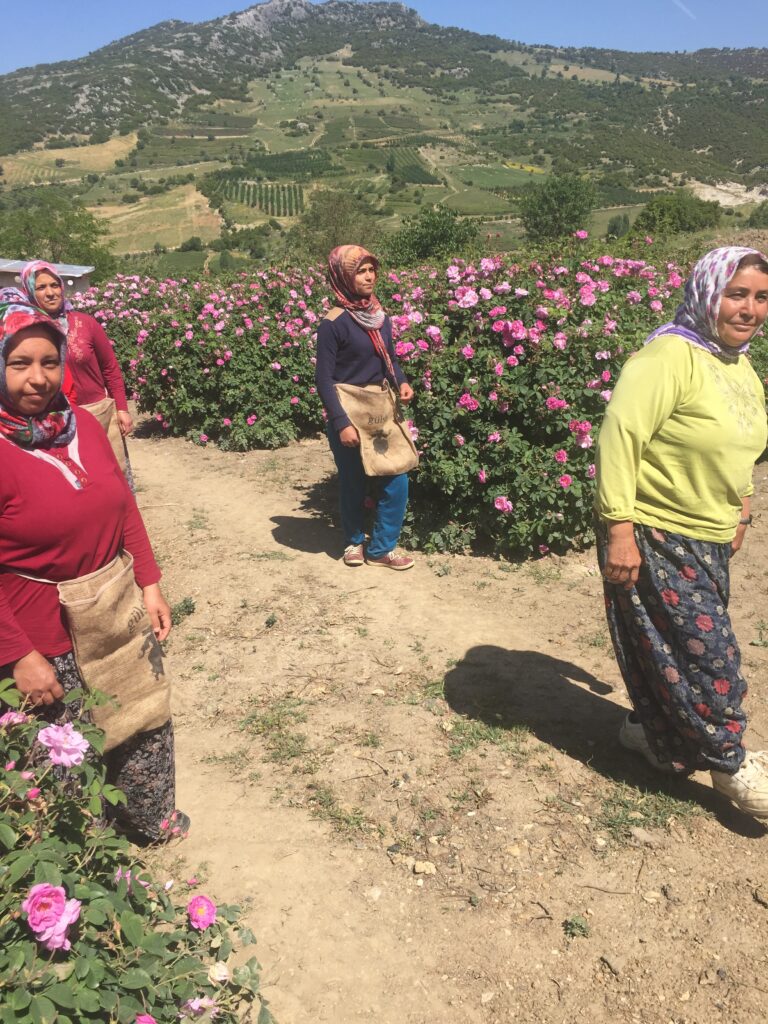
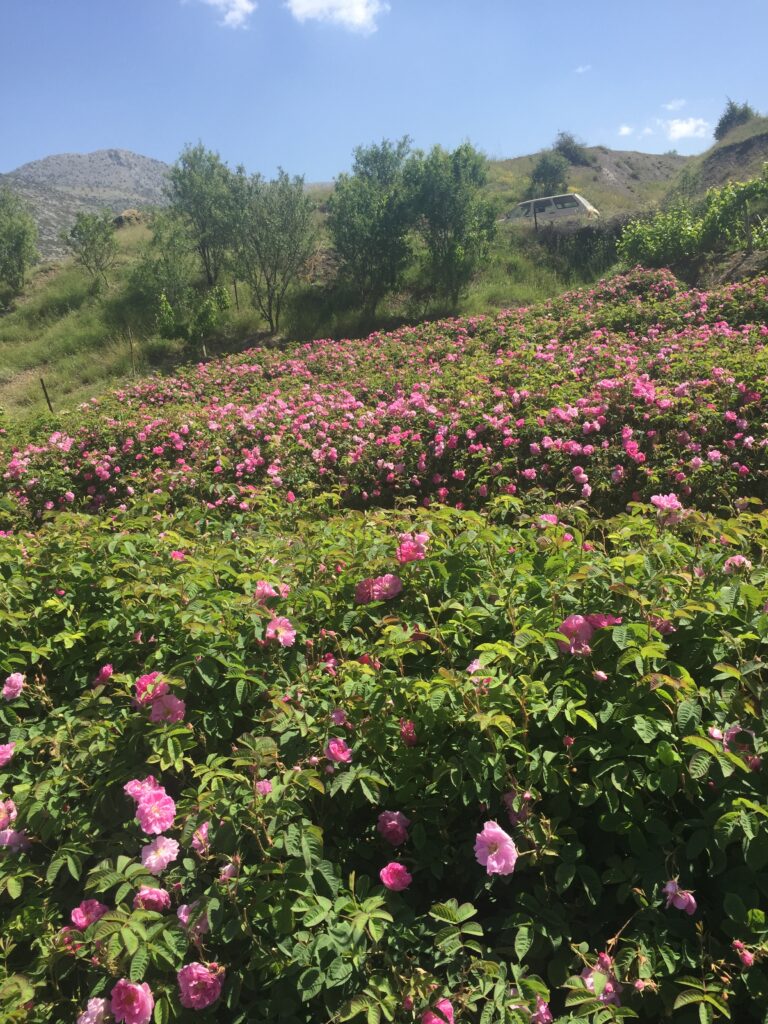
 Previous
Previous
